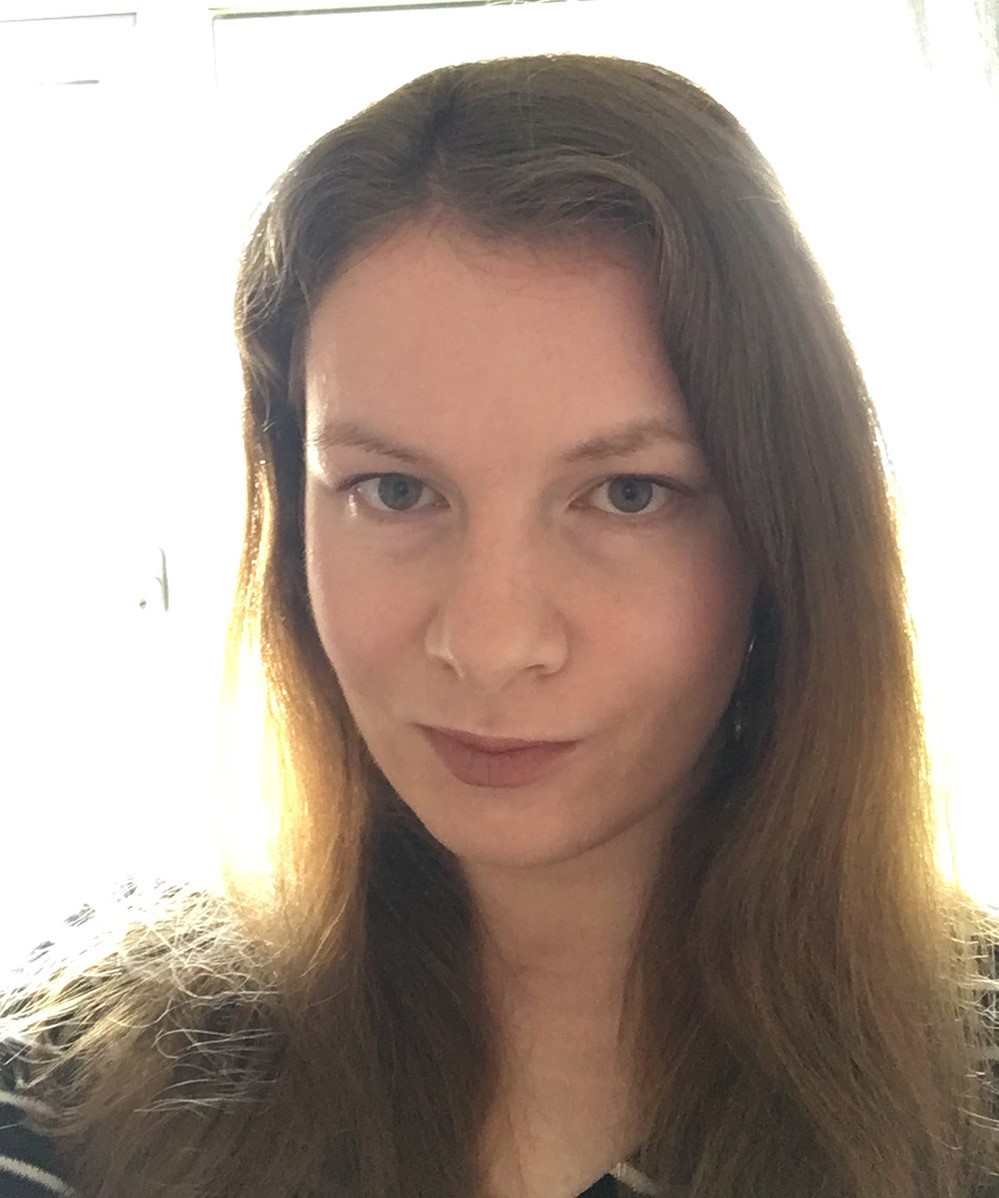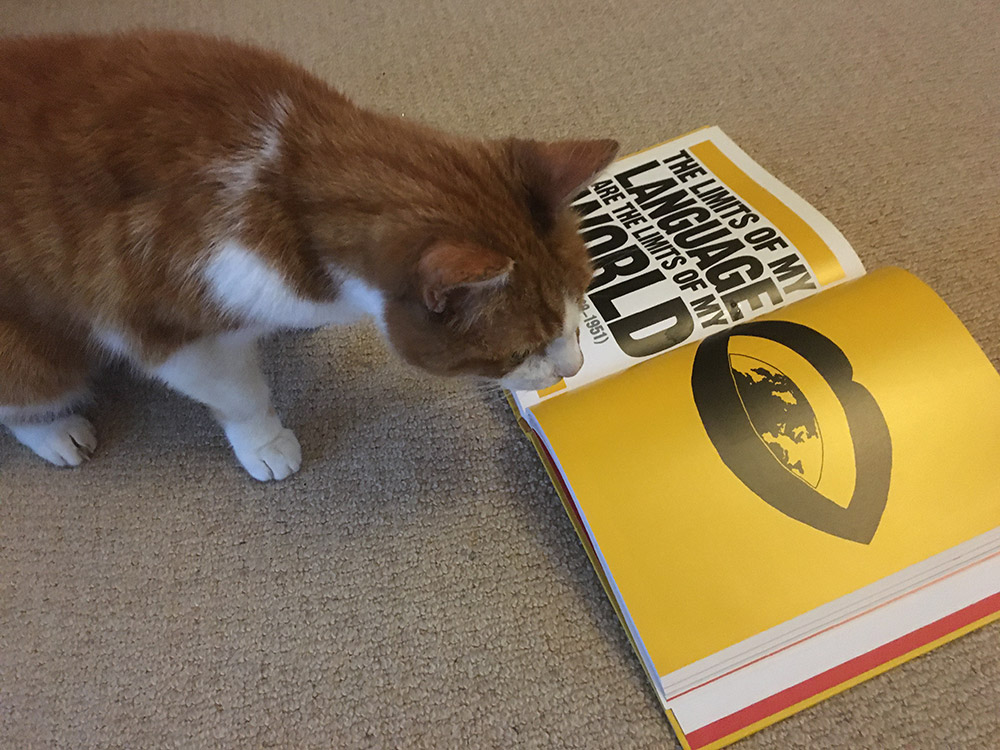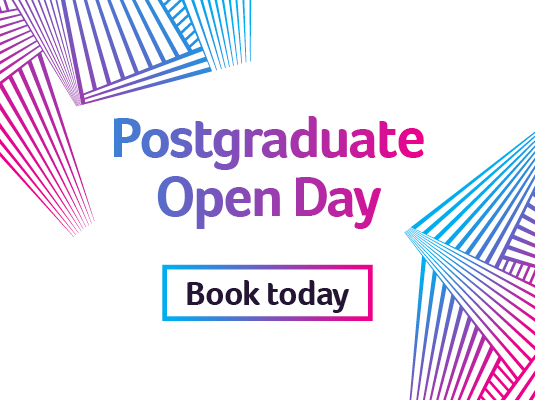Making the transition back into academia: some observations

Siobhan Melay
PHD RESEARCHER, SCHOOL OF EDUCATION AND PROFESSIONAL DEVELOPMENT
Hello, my name is Siobhan and I am currently a second year PhD candidate in the school of Education and Professional Development. This blog is for those who are pursuing their own postgraduate goals or are perhaps deliberating over whether they are ready to begin a Master’s degree or even a Doctorate. Whatever your situation, I hope that you find what I have to say useful and interesting.
Today, I want to reflect on my initial experiences during the transition back into academia after a decade of employment. I would like to focus particularly on some of the differences between my memories of university in the 2000s and the reality of contemporary higher education.
Your application is accepted – now what?
The period of time between my Master’s application being accepted and enrolment was approximately nine months. During that time, the University kept in contact to update me on the required steps for enrolment. I used that time to apply for student finance and to prepare a suitable study space in my house. Despite my eagerness to commence my studies, I wasn’t sure how else I could prepare. I didn’t have a reading list, so wondered, should I buy some books that sounded relevant? If I’m honest, I couldn’t really picture the structure of what lay before me.
A world of knowledge at your fingertips
Things began to take shape in June 2020. The Student Recruitment Team sent me a link to access the University’s online portal ‘MyHud’. In my hazily recalled undergraduate days, I had access to a student email account and my university had a basic intranet. I realised when I first logged on to MyHud that times had truly changed since those days. Suddenly, everything was available to me.
It would be time consuming to go through every feature, but I do want to mention one instance of jaw-dropping revelation. When I clicked on the ‘Library and Summons’ icon, I expected to find a digital library catalogue. What I found instead was a gateway to millions of texts, just available to read whenever I turned on my laptop. Even now, the thought of all this information simply and conveniently available to any student makes the undergraduate version of me envious. She had to visit an actual physical library to find out anything. Now, don’t get me wrong, I love libraries, but there’s something liberating about knowledge being available at any moment or any place as long as your internet connection is secure.

Making the transition back into academia
My first session on campus took place in early September and consisted of a three-hour lecture on academic misconduct. This was another substantial difference between my previous degree and the current one. I confess to having been nervous, not because I had any grand schemes involving essay mills and collusion, but because my referencing had always been slightly inaccurate. I was secretly dreading the possibility of being penalised for inserting a comma instead of a full stop or something equally tedious. My advice to anyone experiencing these same concerns (and there were a few of us amongst the ‘returning to academia’ cohort) is to download the most recent APA guide to referencing and use it religiously for your first assignments. Eventually, it becomes second nature.
During the summer, I had selected two option modules to study alongside the main SEND and compulsory research methodology modules. I appreciated the variety offered by the School of Education and Professional Development. Critical Social Policy in Education and Public Services together with Managing Learning and Development encouraged me to apply philosophical, sociological and political theory to real word scenarios. The taught seminars were the highlight of my week and I’d often catch myself thinking how fortunate I was to be doing the thing I enjoyed so much.
Lockdown
I don’t want to fill this blog with negative reflections, but I feel I should briefly mention how the long lockdown spanning December 2020 to Summer 2021 impacted my studies. The University made a transition to total online teaching meaning that the remainder of my Master’s was spent at home. At this point, the University’s technological capabilities really became apparent as an entire cohort found themselves reliant upon screens and speakers.
I won’t lie; I was deeply frustrated at having the campus experience I’d longed for cut short by circumstances beyond my control. On the other hand, lockdown taught me resilience and consolidated my ability to self-direct in a way that has proved advantageous for my PhD. The transition from taught studentship to independent research is challenging and often demoralising for PhD candidates (Lovitts, 2008). Online learning gave me a taste of what it would feel like to be responsible for orchestrating your own learning journey. Even though I would have appreciated a full year of campus-based seminars, I had to make the best of the situation I was faced with as I approached my final module: dissertation.
Next time
Conducting a wholly independent study for my research dissertation was a watershed moment in my academic career. In my next blog I’m going to reflect the dissertation experience and describe the process of writing a PhD application.

All Postgraduate Articles
Explore more articles about life as a postgraduate student.
Postgraduate Open Day
Find out more about postgraduate study at our next Postgraduate Open Day

